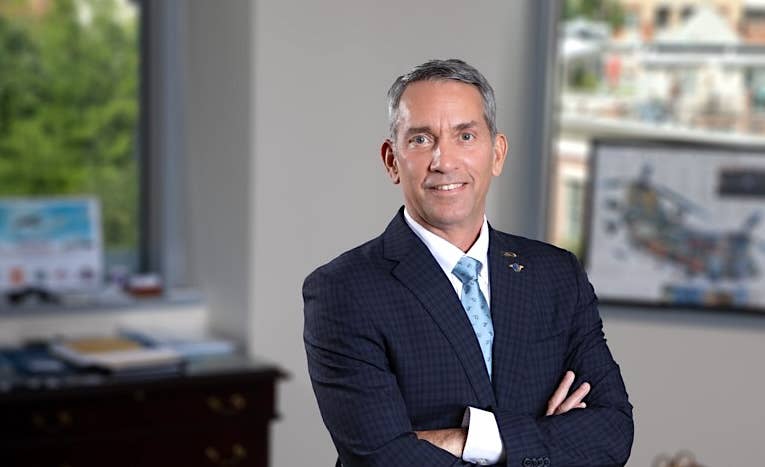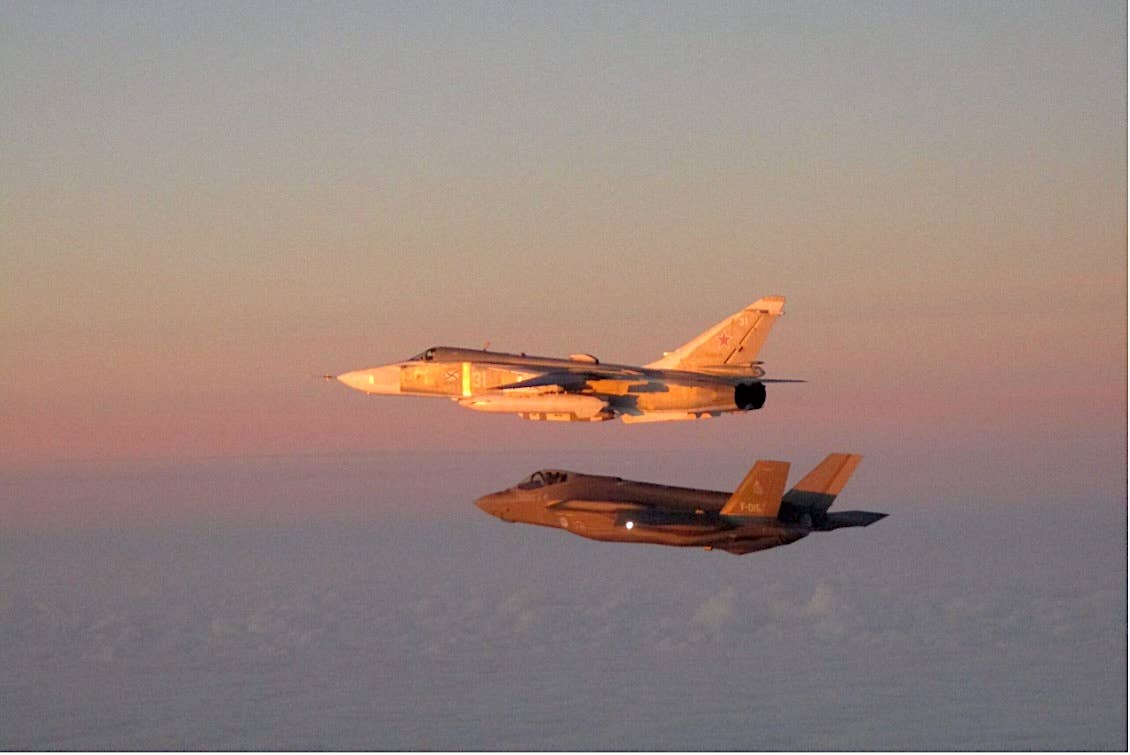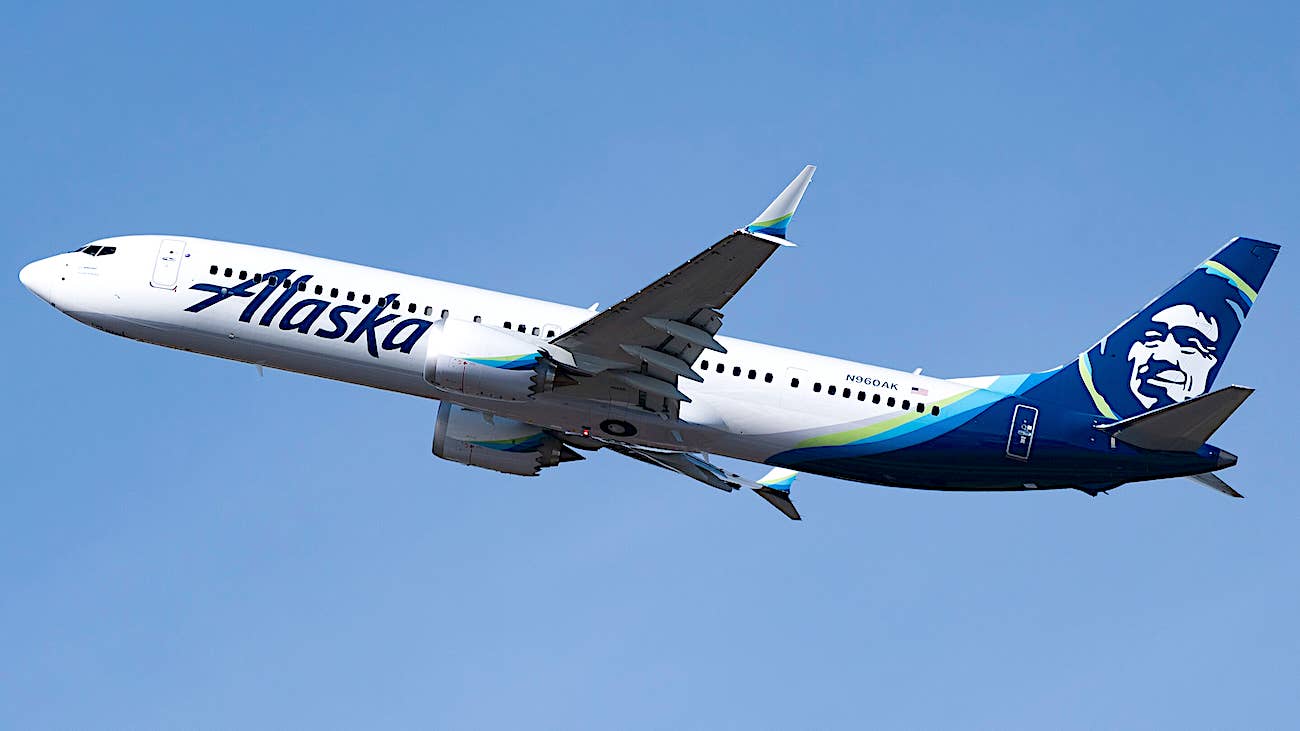Virgin Galactic Retires Unity, Plans Bigger Replacement
Virgin Galactic’s VSS Unity space tourism vehicle has been retired after its seventh flight on Saturday, and it will be at least two years before replacement craft are ready. Unity…

Virgin Galactic's VSS Unity space tourism vehicle has been retired after its seventh flight on Saturday, and it will be at least two years before replacement craft are ready. Unity took a pilot and four passengers to an altitude of 54.4 miles, just shy of the Kármán line (62 miles) commonly considered to the be the edge of space. It was Unity's seventh passenger flight in less than a year and has served its purpose, according to arstechnica. "The learnings we have built over our last seven space flights have enormously benefited our spaceship design," the science publication quoted Virgin Galactic CEO Michael Colglazier as saying in a recent earnings call. "In addition, we have also learned a great deal about the performance of our mothership, VMS Eve."
Virgin Galactic is now building two larger vehicles it calls the Delta-class. They will seat six passengers and are designed to be more quickly turned around for their next flight. It hopes to begin flying them in 2026 but won't get major structures for them until later this year, according to arstechnica. At the same time Virgin Galactic is taking a hard look at its launch aircraft Eve. The 20-year-old purpose-built aircraft can now manage just one flight a month, but a new maintenance plan is targeting up to three flights a week.
All this is required to get the program to the break-even point. Virgin Galactic now loses hundreds of millions of dollars a year and has a backlog of 600 advance customers who bought tickets for $250,000 to $450,000. Once they've had their ride, the company will raise prices to $600,000 a seat and try to fly 750 people a year for total revenue of $450 million. If that works out, the company will add more vehicles and a second launch plane to expand the business to profitability.






